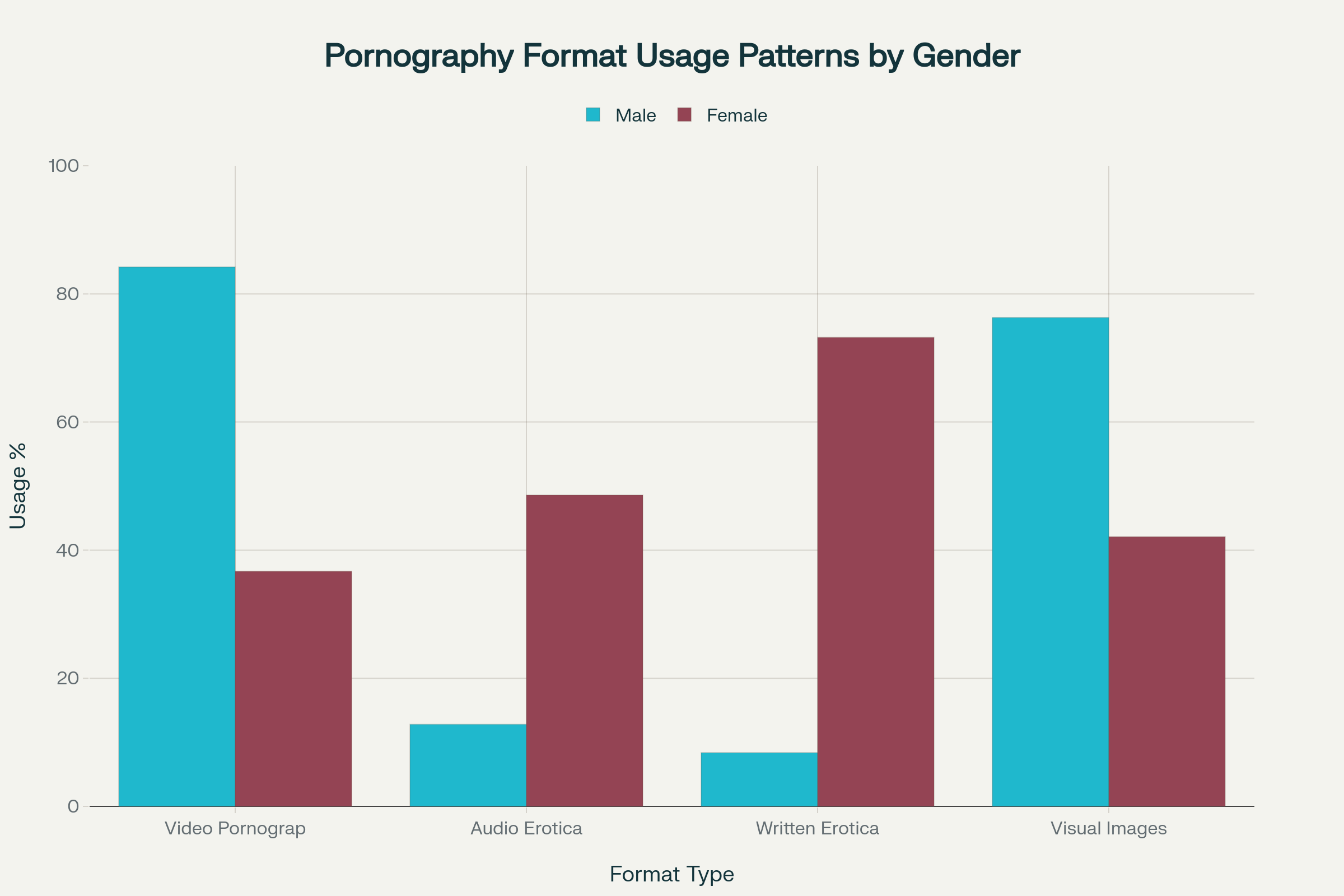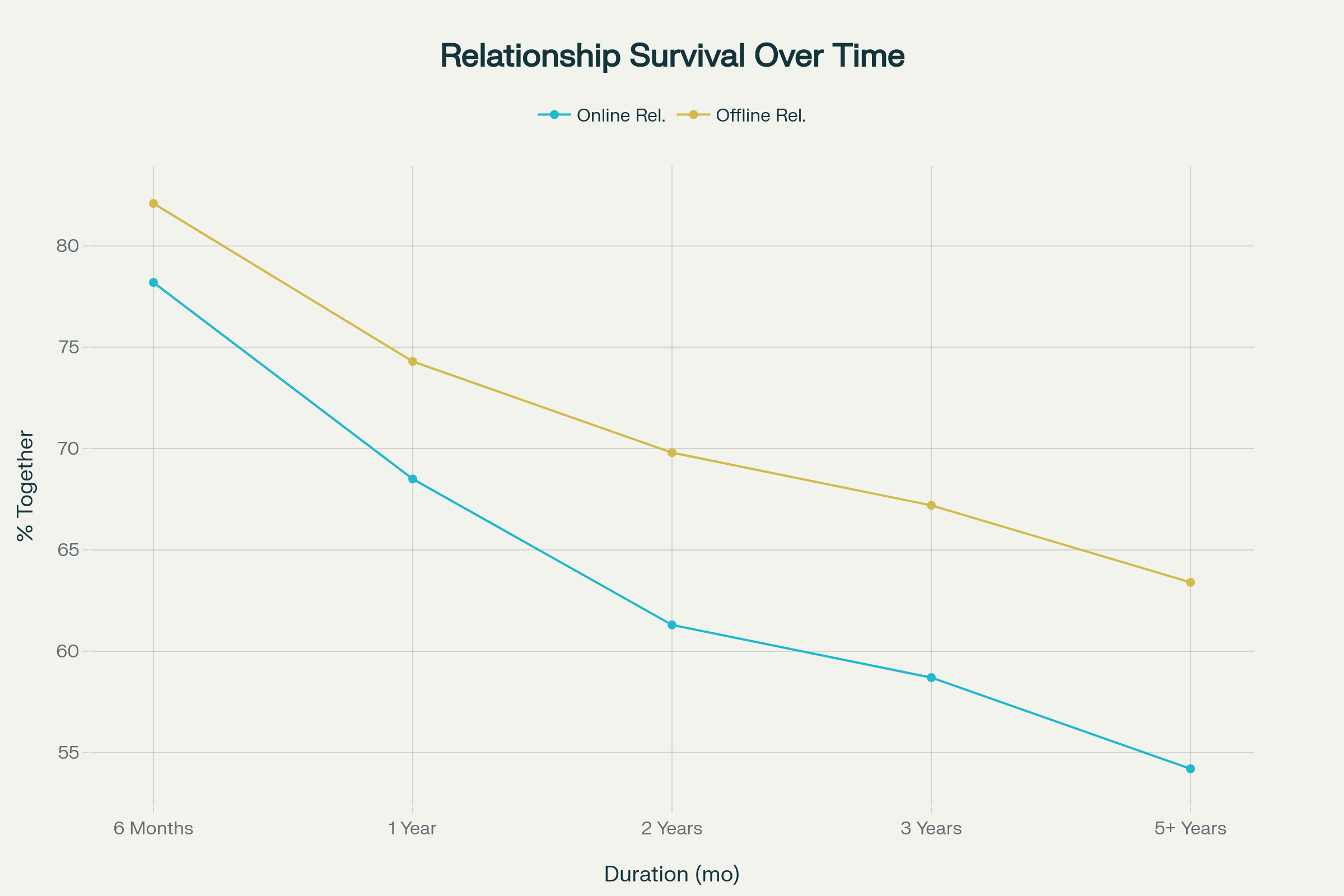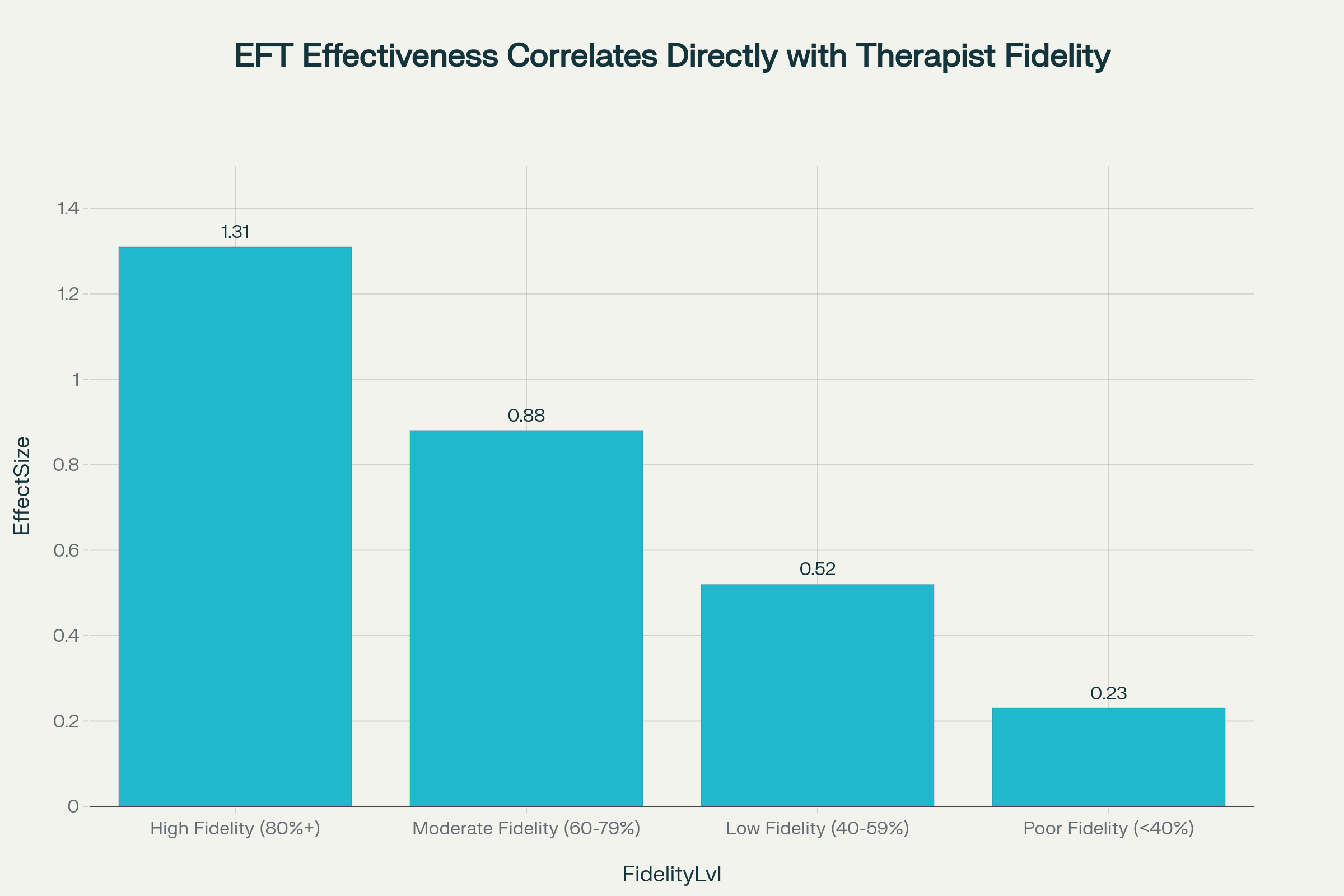Constant arguments can strain a relationship, but how couples handle and resolve these arguments is more important than how often they occur. Constructive communication, mutual understanding, and believing that issues can be resolved are key to improving relationship satisfaction and stability.
Constructive Communication and Conflict Resolution
- Integrative Tactics: Approaches like seeking mutual understanding and using positive expressiveness are linked to greater relationship satisfaction. In contrast, tactics like dominance or trying to hurt the other person increase distress and dissatisfaction.
- Humour and Conflict Management: Couples who work through differences with humour tend to report higher happiness, even if they argue often. Frequent, heated arguments and constant interruptions lower satisfaction.
- Belief in Resolving Arguments: The perception that arguments can be resolved is a stronger predictor of relationship quality than argument frequency. Constructive communication builds this belief and supports long-term relationship health.
Harmful Patterns to Avoid
- Demand/Withdraw Cycles: When one partner pressures for change and the other shuts down, it increases stress and disrupts daily life. Repeated, unresolved cycles harm well-being and the relationship.
- Ineffective Arguing: Poor conflict resolution and emotional escalation can lead to serious breakdowns—including risk of emotional or physical harm—if not managed properly.
Beliefs and Attitudes Toward Conflict
- View Conflict as Resolvable: Seeing arguments as manageable improves satisfaction and conflict handling. Viewing them as threatening worsens outcomes.
- Attachment Styles: Secure attachment encourages healthy conflict responses. Insecure attachment often leads to unproductive or harmful tactics.






